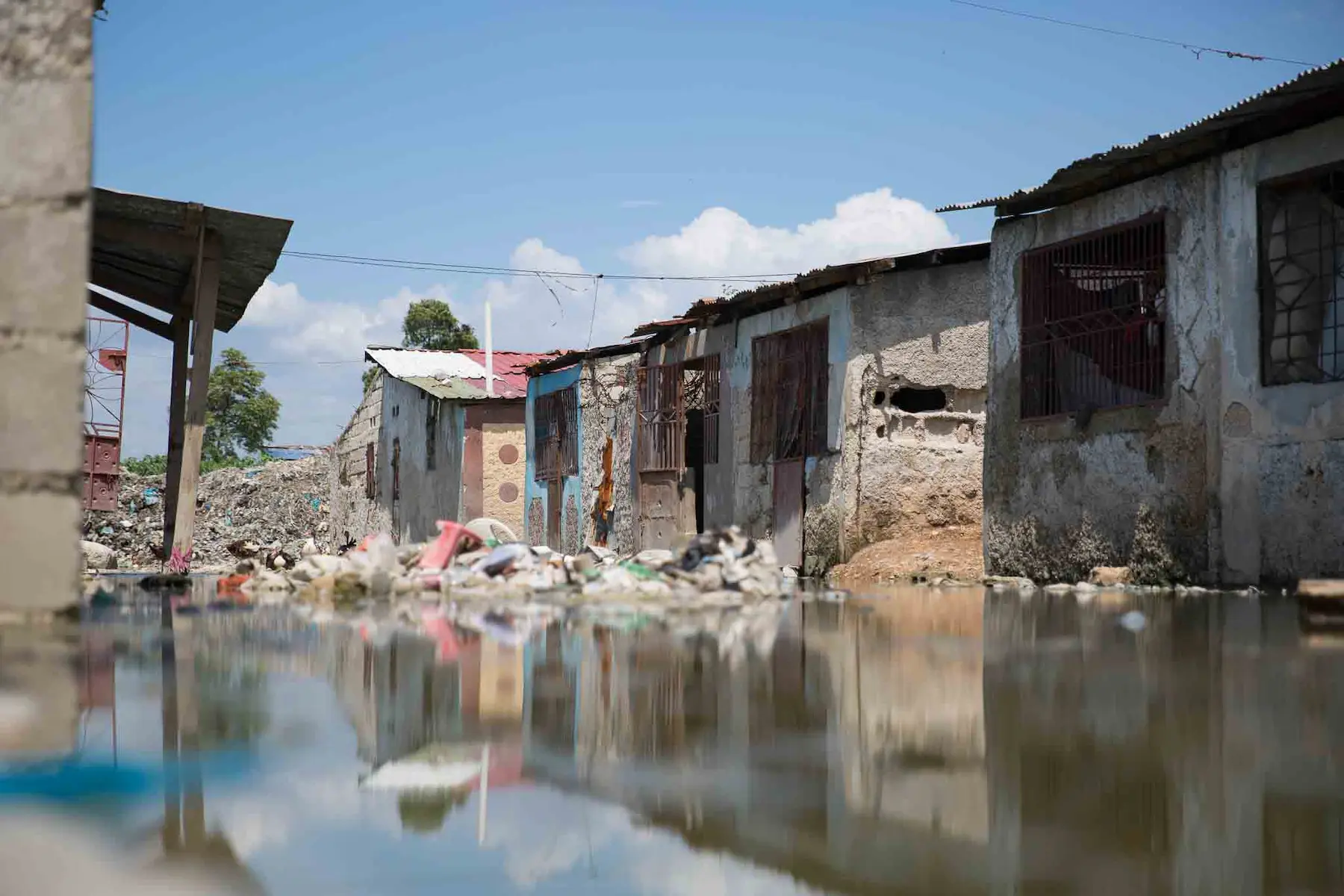The document titled “Life or Death of Urban Slums: Different Urban Perspectives” explores the complex dynamics of urban slums, focusing on their socio-economic implications, challenges, and potential pathways for improvement. It emphasizes the necessity of addressing the multifaceted issues faced by slum dwellers while recognizing their contributions to urban ecosystems.
Understanding Urban Slums
Urban slums are characterized by overcrowded, informal settlements that often lack basic services such as clean water, sanitation, and adequate housing. These areas typically emerge due to rapid urbanization, where rural migrants flock to cities in search of better opportunities but find themselves in precarious living conditions. The document highlights that slums are not merely a byproduct of urbanization but play a significant role in the urban economy by providing affordable housing and a labor force for various industries.
Socio-Economic Challenges
Slum dwellers face numerous challenges that hinder their quality of life:
- Poor Living Conditions: Many slums are marked by inadequate infrastructure, leading to health hazards. Overcrowding exacerbates issues like pollution and the spread of diseases.
- Lack of Basic Services: Residents often lack access to essential services such as healthcare, education, and sanitation, which perpetuates cycles of poverty.
- Social Isolation: Slum inhabitants frequently experience marginalization and stigmatization, contributing to feelings of exclusion from broader society.
The document notes that these socio-economic challenges create a vicious cycle where lack of opportunities leads to persistent poverty and further deterioration of living conditions.
Economic Contributions
Despite their challenges, slums contribute significantly to urban economies:
- Labor Supply: Slum residents provide a vital workforce for low-wage jobs in construction, manufacturing, and services, helping drive economic growth.
- Entrepreneurship: Many slum dwellers engage in informal economic activities, showcasing resilience and entrepreneurial spirit despite adverse conditions.
Recognizing these contributions is crucial for developing effective urban policies that integrate slum communities into the broader economic framework.
Policy Recommendations
To address the challenges faced by urban slums, the document outlines several policy recommendations:
- Improving Infrastructure: Investments in basic services such as water supply, sanitation, and electricity are essential to enhance living conditions and promote health.
- Secure Land Tenure: Formalizing land ownership can empower residents and encourage investment in housing improvements. This step is vital for breaking the cycle of informality that characterizes many slum settlements.
- Skill Development Programs: Providing vocational training can enhance employability among residents, leading to better job prospects and increased income levels.
- Community Engagement: Involving slum communities in decision-making processes ensures that policies are tailored to their specific needs and challenges.
- Integrated Urban Planning: Policymakers should adopt inclusive urban planning strategies that recognize the existence of slums and aim to integrate them into the urban fabric rather than displacing them.
Conclusion
The document concludes that addressing the plight of urban slums is not merely a humanitarian issue but an economic imperative. By recognizing the contributions of slum dwellers and implementing targeted policies to improve their living conditions, cities can foster inclusive growth and development. The transformation of urban slums into vibrant communities requires a collaborative approach involving government agencies, civil society, and the residents themselves. Ultimately, sustainable solutions must prioritize both the needs of individuals living in these areas and the broader objectives of urban development.

Further reading:
Slums in the Urban Ecosystem – Institute for Competitiveness competitiveness
Harmful impacts of slums on society and people living in it
